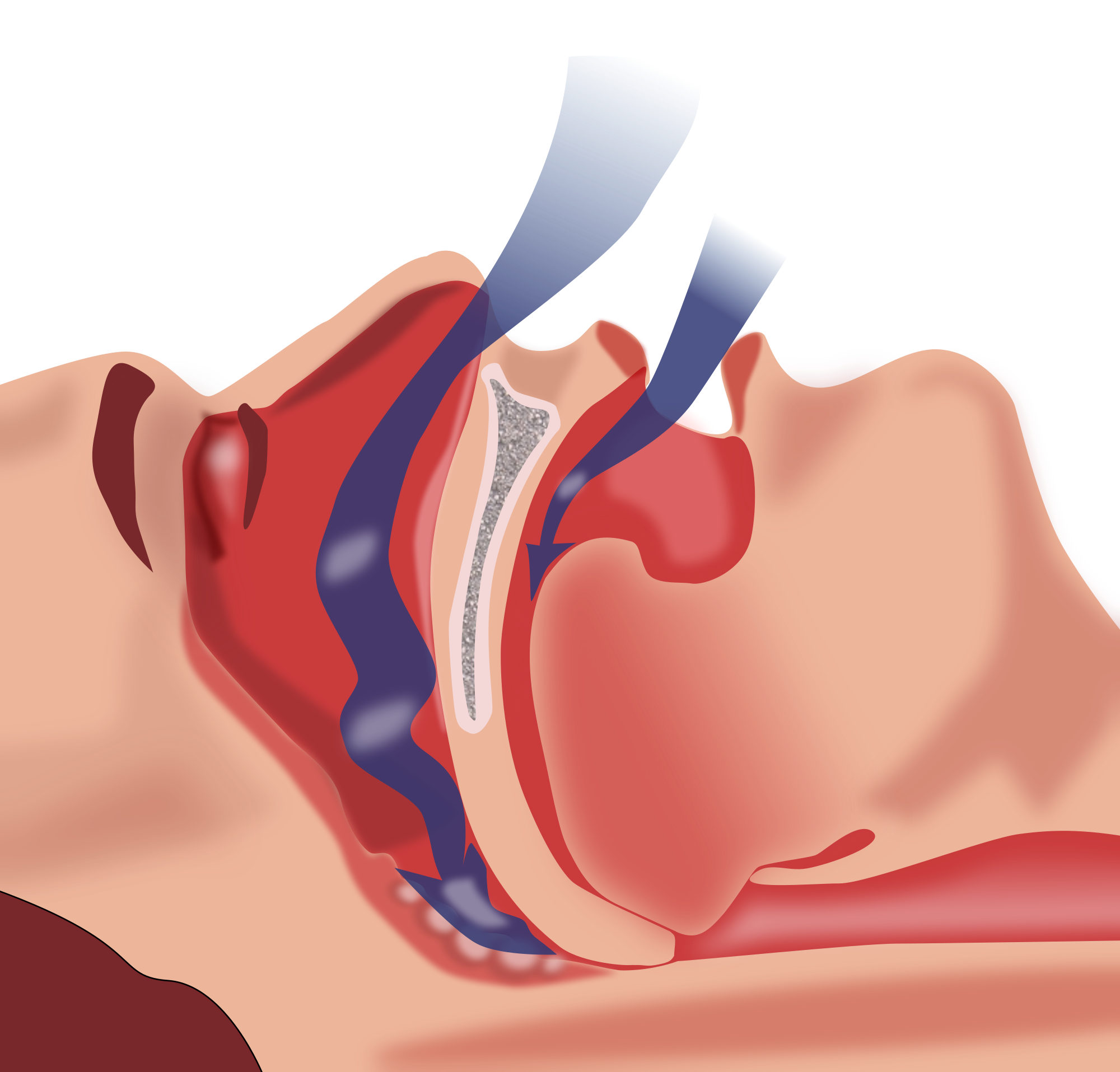A group of researchers from China have evaluated randomized controlled clinical trials from around the world to study the efficacy and safety of Avastintm (bevacizumab) versus Lucentistm (ranibizumab) in wet (neovascular) age-related macular degeneration (AMD).
Retina Global is a US based 501(c)(3) nonprofit that is focused on finding sustainable solutions to the ever-increasing issues with retinal diseases in underserved areas around the world.
Wednesday, January 28, 2015
Tuesday, January 27, 2015
Topical bromfenac reduces the frequency of intravitreal avastin in patients with branch retinal vein occlusion.
Topical bromfenac reduces the frequency of intravitreal bevacizumab in patients with branch retinal vein occlusion.
Friday, January 23, 2015
Telemedicine in premature babies with ROP
Retinopathy of prematurity (ROP) continues to be an ongoing challenge for both ophthalmologists and neonatologists and remains a significant threat to vision for extremely premature infants despite the availability of therapeutic modalities. It remains a leading cause of morbidity despite, (and interestingly) as well as because of, advances in neonatal care, which have improved survival rates of at-risk infants born prematurely. Many controlled clinical trials have shown that application of therapies at the appropriate time is essential to successful outcomes in premature infants affected by ROP.
Wednesday, January 21, 2015
OCT may help evaluate for severity of Sickle Cell Retinopathy
Spectral domain optical coherence tomography may have a role to play in evaluating retinal changes in eyes with sickle cell retinopathy.
Tuesday, January 20, 2015
Will the brain be able to fully adapt to treatment of blindness?
A partial restoration of sight is possible in individuals blind from birth, thanks to the most recent advances in research. However, a group of researchers of the Mind/Brain Center of the University of Trento and of the University of Montréal in Canada have discovered that the functional reorganization of the brain happens in individuals who, for a long period, experienced a long sense deprivation, which could potentially impede complete sight restoration.
Monday, January 19, 2015
AMD may be triggered by tiny mineral deposits in retina
Scientists from the University of Maryland School of Medicine have found that tiny lumps of calcium phosphate may be an important triggering factor for age-related macular degeneration (AMD). This is the first time these mineral deposits have been implicated in the disease, which affects more than 10 million Americans.
Saturday, January 17, 2015
New drugs in the pipeline target novel pathways for treatment of diabetic retinopathy
 |
| from NEI |
There is exciting on-going research in the field of treatments for patients with diabetic macular edema (DME). There is a long list of drugs in the pipeline for treating this disease that affects a significant number of people around the world. Pipeline drugs target novel pathways to treat diabetic eye disease.
Friday, January 16, 2015
Increased lucentis dose does not offer additional benefit in retinal venous occlusions
 |
| from Wikipedia |
Increasing the dose of ranibizumab (lucentis) did not offer any additional benefit in eyes with retinal vein occlusion, neither did laser photocoagulation improve vision or reduce edema significantly more than ranibizumab, according to the results of the RELATE study presented in Macula 2015.
Monday, January 5, 2015
Portable retinal imaging system approved for sale in European Union and in USA
 |
| from d-eyecare.com |
Si14 has announced that its D-EYE Portable Retinal Imaging System, a phone-case-sized add-on that turns an iPhone or Android smartphone into a fundus camera capable of taking high-definition video and still images of the eye for health screening and evaluation, is now registered with both the United States Food and Drug Administration and the European CE authority.
Sunday, January 4, 2015
Nanosecond laser therapy reverses pathologic & molecular changes in age-related macular degeneration without retinal damage
 |
| from news.com.au |
A study demonstrates the capacity of nanosecond laser treatment to reduce drusen and thin basement membrane (BM) while maintaining retinal structure in patients with age-related macular degeneration (AMD).
HIV/AIDS drugs that are FDA approved could treat age-related macular degeneration
 |
| from washington.edu |
Friday, January 2, 2015
Poor Avastin responders in AMD & DME may have increased risk to obstructive sleep apnea
 |
| from Wikipedia |
Poor responders to Bevacizumab (Avastin) in patients with age-related macular degeneration (AMD) and diabetic macular edema (DME) may have increased risk to obstructive sleep apnea (OSA).
Subscribe to:
Comments (Atom)